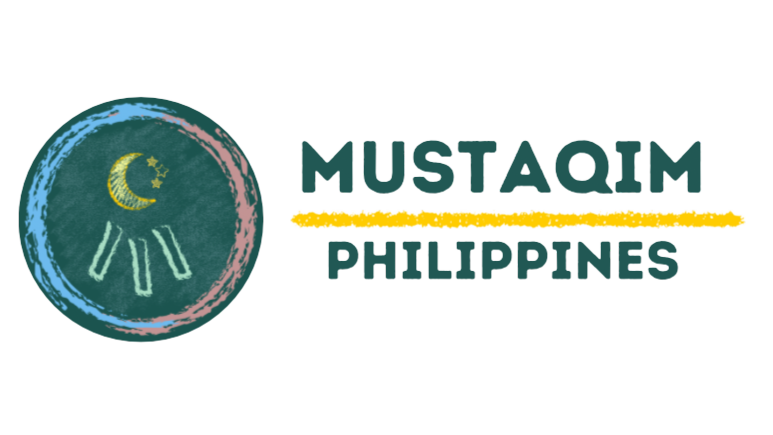The unceasing narratives of the Daesh favoring their disparaging ideology of not engaging and having cordial relations with non-Muslims remains to be a grave sin. Quoting Surah Mumtahanah verse 1 which states that:
“O believers! Do not take my enemies and your enemies as friends. You show kindness to them, but they reject the true way that has come to you…
To the Daesh, this verse is evidence of total disassociation with non-Muslims. Entering a peace treaty with any non-Muslim nation is illegitimate and those who align themselves with non-Muslims are considered apostate. Thus, for them, the Doha agreement of Taliban and the Bangsamoro peace agreement are all unlawful.
However, there was a significant incident in Islamic history when the Prophet Muhammad and his followers entered into an agreement with the Quraysh tribe, called the treaty of Hudaibiyah. This treaty helped to resolve the conflict between the non-Muslims of Makkah and Muslims in Madinah, ensuring a 10 years peace clause which was authorized by Prophet Muhammad’s followers to come back following years in peaceful pilgrimage. The Treaty is the most important political document in the history of Islam and it also known as treaty of peace.
The most important terms of the agreement are as follows:
- Muhammad and his followers would return to Madina without performing Umra (the Lesser Pilgrimage) that year.
- There would be peace between the Muslims and the Quraysh for a period of 10 years.
- All the Arab tribes would be free to enter into treaty relations with any party.
- The Muslims would visit Makkah to perform the pilgrimage in the following year, but they would not stay in the city for more than three days, and the only weapons which they would be allowed to bring with them, would be their swords in the scabbards.
- If any Makkan entered Madinah, then Muslims would return him to Makkah, but if any Muslim from Madinah went to Makkah, he would not be returned.
To put it in a nutshell, some points of the agreement are not favoring Muslims. The Prophet’s followers became angrier when the Quraysh did not allow to include the name of Allah in the agreement and to address Muhammad as Prophet. However, the Prophet remained calm and signed the agreement which states that “ This is a treaty being concluded between Muhammad Ibn Abdillah – not as messenger of Allah– and the people of Quraysh”. It seems that the conditions in the agreement are unfair and unjust, but when Muslims sacrificed for the sake of peace, Allah made good for them. The Muslims were able to capture the hearts of large numbers of tribal leaders and the heads of Quraysh and were able to practice their religion peacefully. The treaty made it safe for the people to mingle and become social with each other. It gave them a chance to discuss conflicts and to talk about Islam and its purposes. This could not be achieved by sword, arrows and spears.
This shows that Muslims should work with diplomacy and not war. The Prophet was determined to avoid bloodshed and stop the continuous war in his time. This is in accordance to Allah calls towards peace which was stated in Surah Al-Anfal 61: “If the enemy is inclined towards peace, make peace with them, and put your trust in Allah”. The God’s call was to achieve safety in the community through the adoption of the principle of peaceful coexistence.
Hence, the verse cited by the Daesh is far from the true interpretation of Islam. The Prophet and his followers lived with the non-Muslims and respected the lives of Makkans. When Muslims captured Makkah, the Quraysh were afraid of vengeance from Muslims because they tortured and killed many Muslims. However the Prophet stood up and said: “O Quraysh, what do you expect from me today? And they said: “Mercy, O Prophet of Allah. We expect nothing but good from you.” And He said: Today I will speak to you as Yusuf spoke to his brothers. I will not harm you and Allah will forgive you for He is Merciful and Loving. Go you are free.”
